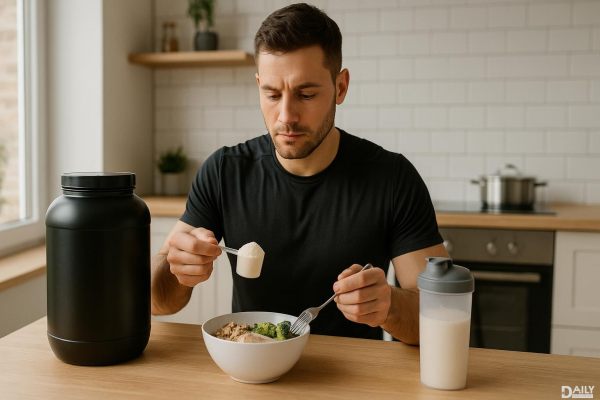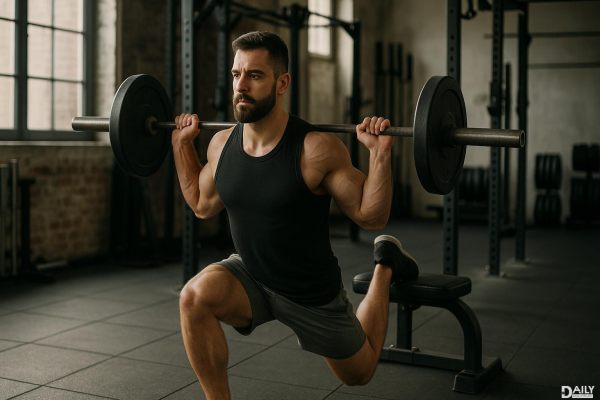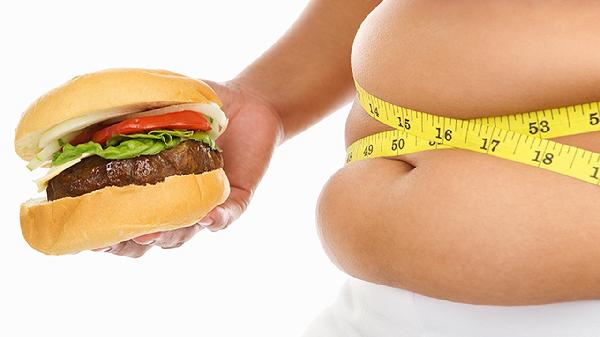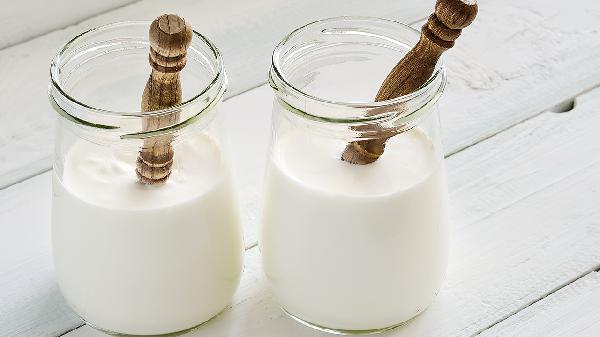If you're hitting the gym hard but not seeing the gains you want, chances are your protein intake isn't dialed in right. The sweet spot for most people looking to build muscle is around 0.7 to 1 gram of protein per pound of body weight daily. But before you start chugging protein shakes like they're going out of style, let's break down why this range works, when more (or less) might be better, and how to actually make those amino acids work for you.

Muscles are basically protein construction sites—they're constantly being broken down and rebuilt, especially after workouts. When you lift weights, you create microscopic tears in muscle fibers. Protein provides the amino acids needed to repair and reinforce those fibers, making them thicker and stronger over time. But here's the kicker: your body can only use so much protein at once for muscle synthesis. Studies show that spreading your intake across 3-4 meals with 20-40 grams of protein each maximizes muscle protein synthesis far better than loading up on one massive steak dinner.
Some bro-science enthusiasts will tell you to eat 2 grams per pound or risk being "small forever." Truth bomb: once you go beyond about 1 gram per pound, the extra protein mostly just gets converted to glucose or stored as fat. Unless you're an elite athlete or in an extreme calorie deficit, mega-dosing protein is basically just creating expensive urine. There's even evidence that chronically overconsuming protein can stress your kidneys over time. The 0.7-1 gram range hits the Goldilocks zone for most lifters—enough to support growth without going overboard.
While total daily protein is king, when you eat it plays a surprisingly big role. Your muscles are most receptive to protein within the "anabolic window"—about 30-60 minutes post-workout when blood flow to muscles is increased. That's why that post-gym shake isn't just gym lore. But don't neglect pre-workout protein either—having 20-30 grams about an hour before training primes your system with amino acids ready to jump into repair mode. Night owls should note: casein protein (found in cottage cheese or slow-digesting supplements) before bed can provide a steady amino acid drip during sleep when most muscle repair happens.
You could technically hit your protein goals with nothing but peanut butter, but you'd be missing the muscle-building boat. Complete proteins (those containing all nine essential amino acids) from animal sources like eggs, chicken, fish, and dairy are the MVPs here because they contain leucine—the amino acid that basically flips the "build muscle" switch in your body. Plant-based lifters need to be more strategic, combining foods like rice and beans or using pea/rice protein blends to get all essential aminos. And no, "protein" from collagen supplements doesn't count toward muscle growth—it lacks tryptophan and is better for joints than gains.
Older adults (50+) actually need more protein—about 1-1.2 grams per pound—to combat age-related muscle loss. Women often thrive at the lower end of the protein range (0.7 grams) unless they're seriously training. And if you're in a calorie deficit trying to lose fat while preserving muscle, bumping up to 1-1.2 grams per pound helps protect your hard-earned gains. Endurance athletes need less protein than strength trainers (0.5-0.7 grams), while powerlifters and bodybuilders might benefit from the higher end of our range during intense training cycles.
At the end of the day, protein is your muscle's building block, but more isn't always better. Stick to that 0.7-1 gram sweet spot, focus on quality sources, time your intake strategically, and adjust for your specific needs. The gains will come—no need to turn your diet into an all-protein-all-the-time grind. Your wallet (and probably your digestive system) will thank you.
























